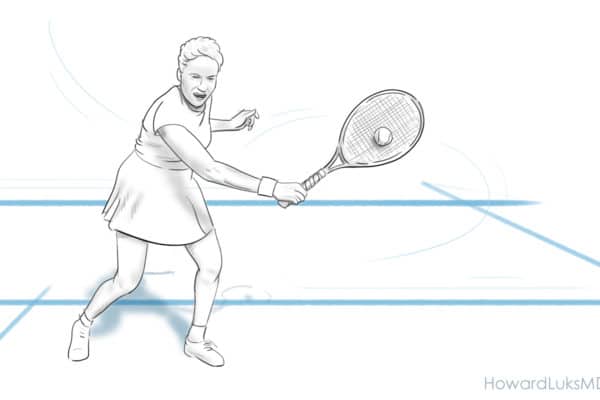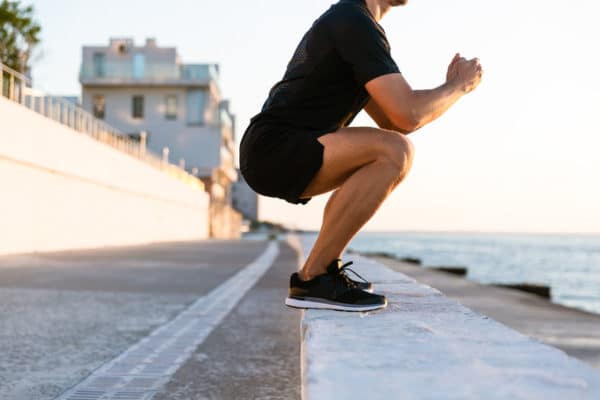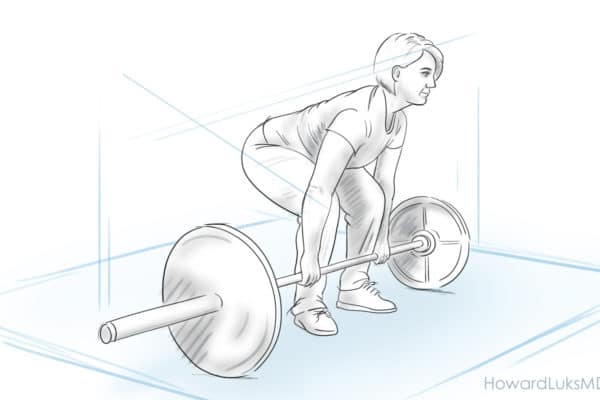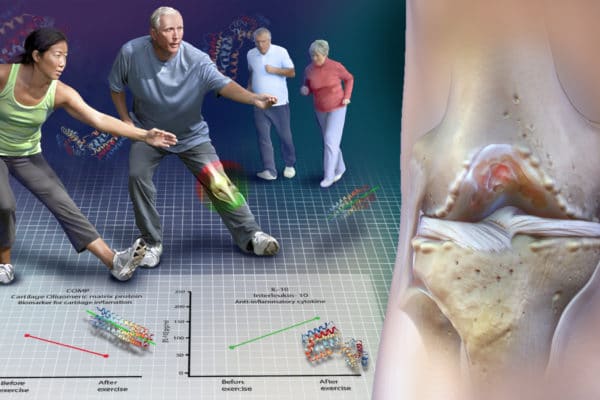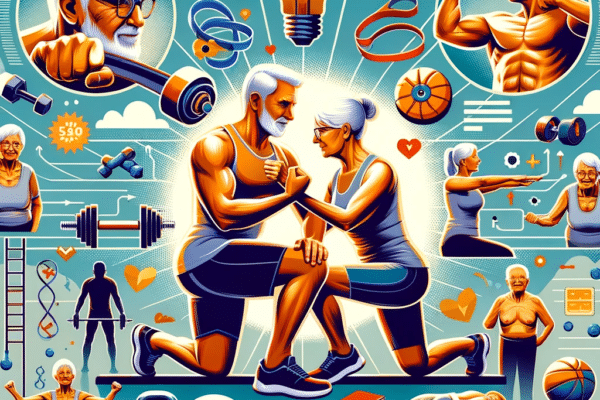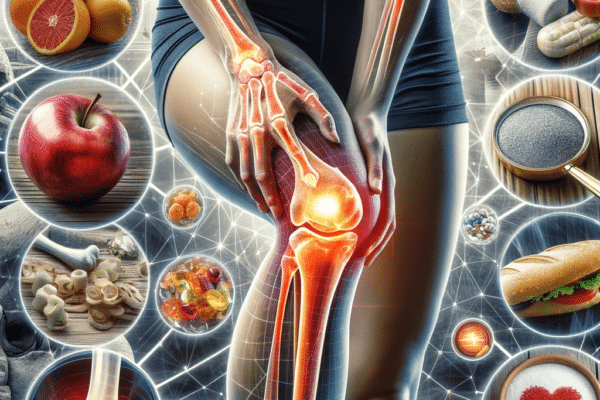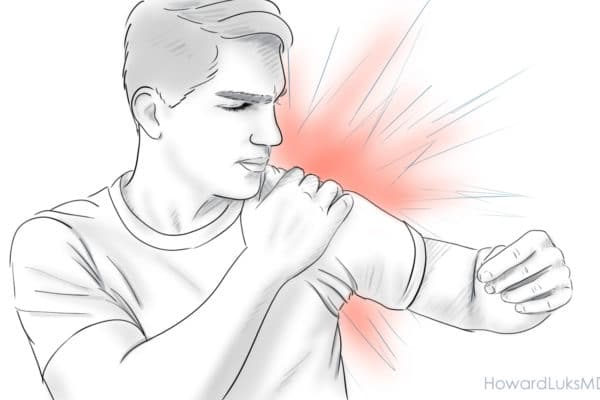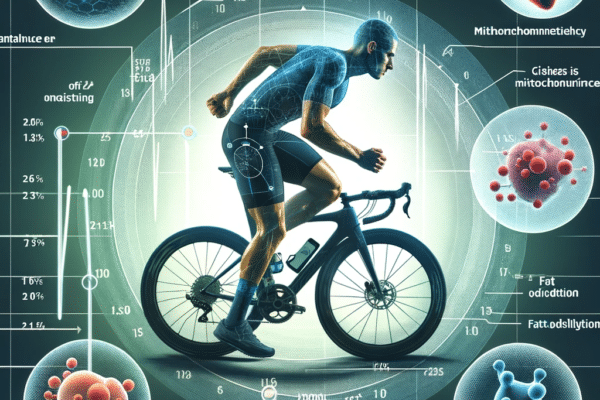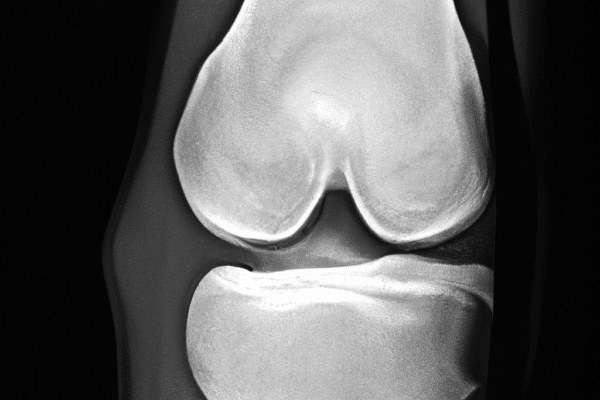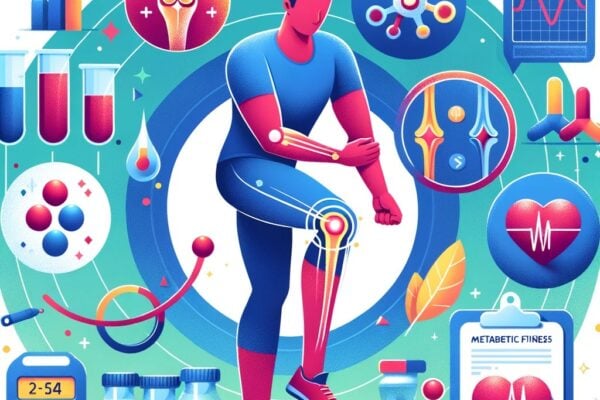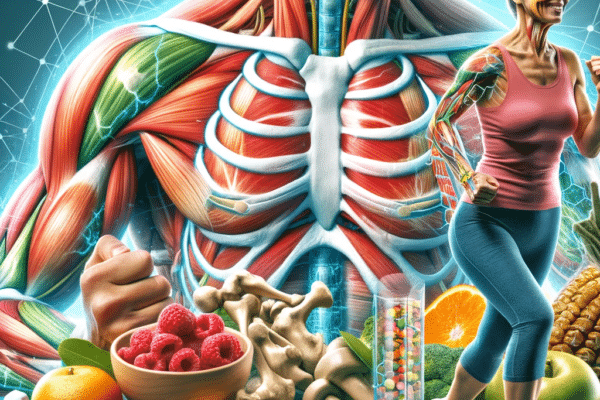Whether you are optimizing your exercise regimen for performance or you want to live a longer healthy life, the concept of zone 2 heart rate training deserves
10 Recommendations To Thrive With Osteoarthritis of the Knee
Osteoarthritis of the knee is a prevalent health issue. Despite a diagnosis of arthritis of the knee, the majority of you can live an active, happy
Stronger Legs: 6 reasons why you should start squatting today
Larger muscles or muscle mass improves our chances of living longer, happier lives. Muscle mass correlates with longevity. Muscle mass correlates
Muscle Mass, Strength and Longevity
When optimizing our health and longevity, prioritizing muscle mass and muscle strength is a critically important consideration. Our muscle mass and
Insulin Resistance: Are You One Of The 50% Of People Who Have It ?
Nearly 50% of Americans have Insulin Resistance (IR). People with IR do not have a typical appearance. Some of you with insulin resistance are thin
Exercise and Knee Arthritis Pain: The science of why it works.
Osteoarthritis is usually not a mechanical wear and tear process. If you have osteoarthritis, exercise will not wear out your knee joints faster — quite the
Resistance and Balance Exercise to Live Longer and Healthier.
A balanced exercise program including resistance exercise has been proven to delay the onset of serious chronic diseases like heart disease, stroke, dementia,
Metabolic Health: How Our Diet Affects Joint Pain
We need to focus on metabolic health, instead of focusing on the management of metabolic disease. From an Orthopedic Surgery perspective, our metabolic health
Walking Is Exercise; All Movement Matters
As an orthopedic surgeon, I often see patients who struggle with "exercise." Why don’t they see the benefits of walking, I often wondered. At the same time,
Unpacking the Complexity of Rotator Cuff Tears
The treatment of rotator cuff tears is far more nuanced and complicated than you think. As with many Orthopedic Surgery topics, the treatments we offer
Sometimes meniscus surgery is needed; very often, it’s not
The treatment of meniscus tears is far more nuanced and complicated than you think. Meniscus tears are one of the most common knee issues, often leading to a
America’s Healthcare Crisis
In the land of the free and the home of the brave, a troubling reality looms large over the American dream: our healthcare system is broken. Despite being the
Combating Age-Related Muscle Loss: The Power of Resistance Training
Our bodies undergo various changes as we age, impacting our physical strength and overall health. The loss of muscle and the loss of strength are two important
Molecular Approaches to Osteoarthritis: The Role of Inflammation and Genetics
Osteoarthritis (OA) is the most common form of arthritis, affecting millions worldwide. Traditionally viewed as a wear-and-tear disease, recent advances in
How to Maintain A Healthy Rotator Cuff and A Happy Shoulder
Shoulder pain is a very common issue. Most folks with shoulder pain do not recall any injury. They are also surprised because "they didn't do anything" to
Zone 2 Training… why so many people get it wrong
In endurance training and longevity circles, 'Zone 2' has become a buzzword, often tossed around... but not fully understood. While many associate 'Zone 2' with
The Causes of Osteoarthritis: Debunking the “Wear and Tear” Myth
Osteoarthritis, a condition commonly associated with aging, has long been attributed to joint "wear and tear," often blamed on activities like running. It turns
The Silent Culprits: How Sedentary Lifestyles and Poor Metabolic Health Exacerbate Joint Issues
In the realm of orthopedic health, joint issues stand out as common afflictions troubling a significant portion of the population. While traumatic injuries and
The Interplay of Metabolic Health and Musculoskeletal Wellness
When we think about musculoskeletal disorders – be it joint pain, muscle stiffness, or tendon issues – the immediate assumption often leans towards mechanical
Bone-on-bone.. Why messaging should be informative and not harmful
This is a guest post that I was asked to write for Sensible Medicine. You can view my original post here. After we look at your X-rays in the office,

